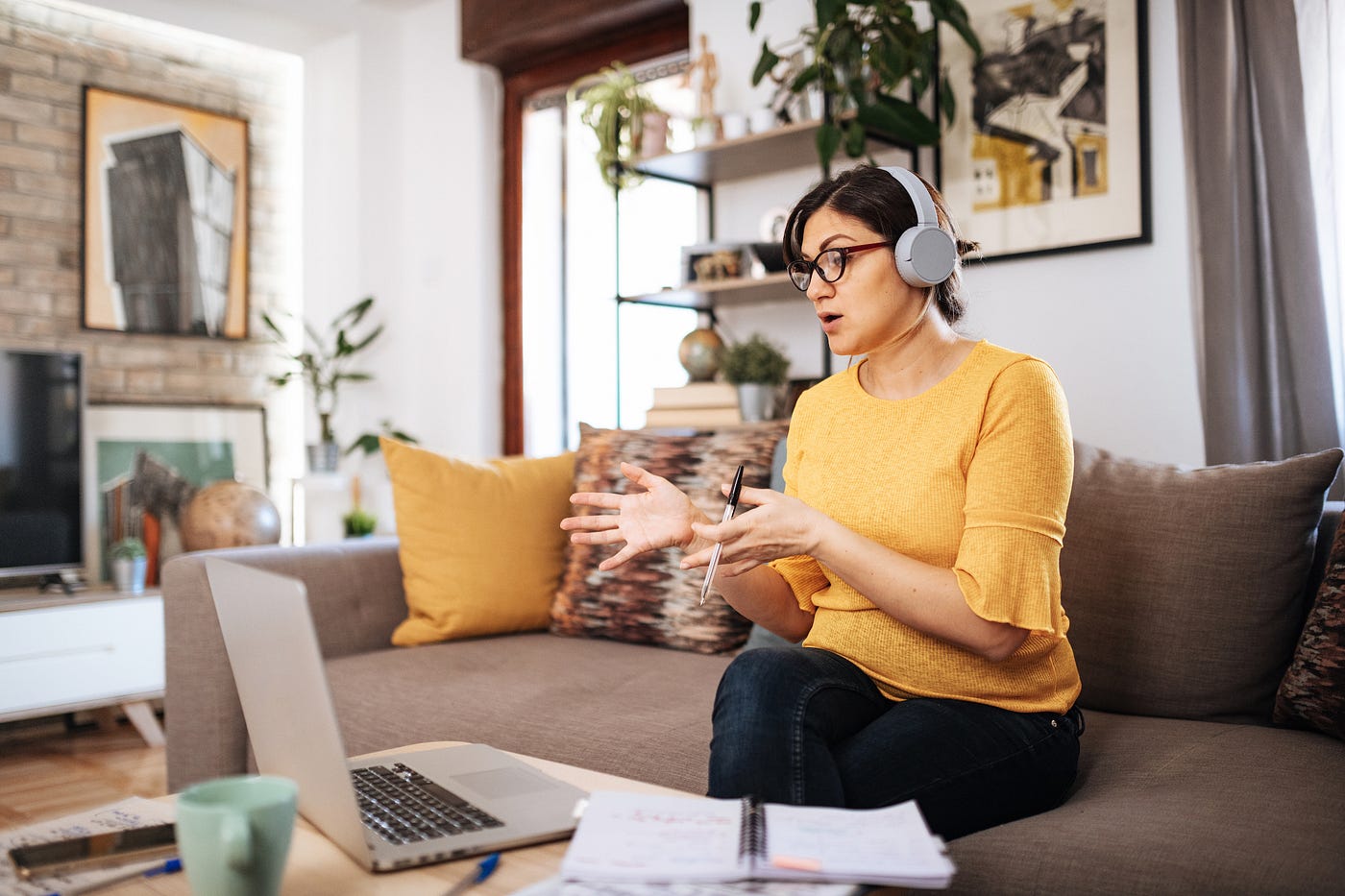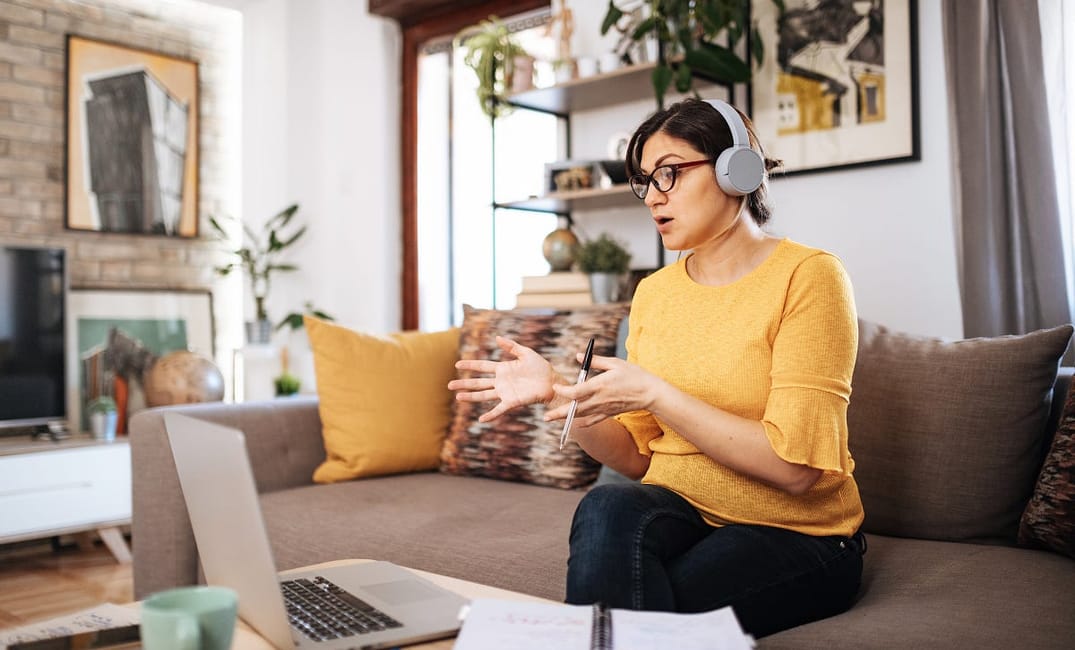
When I met an old friend, Freesia, for coffee last year, we had a lot to catch up on — it had been over 10 years since we’d seen each other. After years in the workforce and earning her MBA, she told me that she was now training to be a life coach. And she needed clients.
Intrigued, I perked up at this news. It just so happened I was in a life stage that could desperately use a life coach. I longed to set and achieve bigger, long-term goals, but my morale felt deflated after rejected job applications and pitches. I’d spent my career as a journalist and bartender, living in and traveling to dozens of countries along the way. But when my international work visas expired a few years ago, I found myself floundering, flitting in and out of service industry jobs to fund more travels abroad. I hadn’t been intentionally running away from responsibilities, but inadvertently, I was. I was actively avoiding adulting and planning my life a few months at a time.
All of these thoughts flashed through my head, and probably out of my mouth.
Sign up for The Bold Italic newsletter to get the best of the Bay Area in your inbox every week.
In response, Freesia offered me pro bono coaching while she was training to be a life coach. To begin, she encouraged me to start daily meditations and a gratitude journal. I tried not to roll my eyes — this was difficult for me; I’ll admit I saw those practices solely for fragile women whose bible was Eat, Pray, Love. Still, I went along with it, taking months to solidify the habits and understand the benefits of mindfulness and gratitude.
Just as Freesia finished her training and began charging me for official coaching sessions in March, Covid-19 hit, and I lost my job as a caterer in the Bay Area. Luckily, because of my unemployment, Freesia charges me on a sliding scale. It’s not so expensive that I have to choose between coaching and groceries, but it’s enough to make me take our sessions seriously. Even though I’m one of many left unemployed due to the pandemic, I fully appreciate the fact that I have the time and funds to hire a professional to guide me through this weird time when many others don’t.
Freesia initially saw a six-month plan for me to get a new job, but when the pandemic caused many companies to go on hiring freezes or move out of state, our approach changed. Maybe the changes I longed for weren’t going to be as easy or as fast as I had wanted. But it also felt a bit like a blessing in disguise. I had been wanting to change jobs and return to writing — the pandemic forced me to take action on my dreams when I suddenly no longer had a day job to use as an excuse. Soon after I was laid off, I got the first official byline I’d had in years in The Bold Italic. It was the boost I needed to feel like a writer again. Since then, some of my work has been in a national publication and curated by Medium editors. One essay inspired a filmmaker friend to make a short documentary, and now we’re working on a longer-term project based on it. I couldn’t have predicted any of these outcomes. I’m still looking for full-time work and have bigger writing goals, but reminding myself of what I have accomplished is one way to keep the feeling of failure at bay.
Many are using the pandemic for self-reflection, reprioritizing, and looking inward. That often comes in the form of a professional therapist, which is often the right call. Personally, I’ve found that I enjoy the life coach approach for where I am in my life.
While both coaching and therapy address personal issues, coaching is more goal-oriented, whereas therapy focuses more on how the past manifests itself today.
Freesia does not have a therapy background, but rather 150 hours of life coach training with Co-Active Training Institute and 100 hours of practice. She said some clients use both coaching and therapy, and she might suggest seeking therapy if a past trauma hasn’t yet been processed.
So far, coaching has worked well for me. Freesia combines traditional coaching techniques with what she calls “woo woo stuff,” such as meditation and acquiring plants and totems. When I feel a knot in my chest during a session, she’ll feel one in hers, too. Then she’ll ask me about that knot. If I start crying (I’ll admit to it), she’ll cry, too. It’s fascinating that she can feel what I’m feeling over Zoom.
A coaching session with Freesia will start with what I’ve accomplished or felt in the time since our last session. She’ll then either ask what I want to work on or make a suggestion. If I tell her I’m feeling like a writing impostor and my portfolio isn’t growing fast enough, for example, she’ll guide me through visualizations that are literal or metaphorical showing me achieving my goals. I’ll surprise myself by what comes out of me.
Once I saw myself finding a circle of light in a forest, where a tiny plant was growing. The plant sprouted a new leaf in each place I touched it. This plant ended up representing me as a writer. Just because the plant was small did not mean it wasn’t a plant — similarly, not having a bestselling book does not negate my status as a writer. Each piece I write is a new leaf on the plant.
I return to this visualization whenever I question myself to recover from feelings of inadequacy. Freesia suggested I get an actual plant to represent this idea.
As we’ve built our relationship, Freesia has made me feel comfortable bringing up personal issues, including how I can feel a need to compartmentalize my life — sharing an apartment with my boyfriend is totally separate from caretaking for my hoarder mother. I felt split, secretive, and guilty that I was never doing enough. I felt selfish in pursuing writing when my parents needed help. Freesia’s exercises help me see that the idea of mental and emotional integration was important to me in feeling at peace. This peace enables me to serve both myself and my family better.
The epiphanies that used to come to me once a year now come on a regular basis, returning to a place of inspiration more easily and often. If I feel anxious or blocked, I know I can meditate to get to that place. I know I’ve reached a good decision, big or small, if I can suddenly breathe clearly and deeply. Journaling after a good meditation has helped me make many decisions.
A lot of our worlds have been turned upside down during the pandemic and many of us are uncertain about what to do next. I’m not suggesting a life coach is your answer — it could be traditional therapy, more time for self-care, or something else. If you’re lucky enough to have the time and means to seek professional help, it can be incredibly helpful to have someone in your corner when our collective ennui feels like too much.







